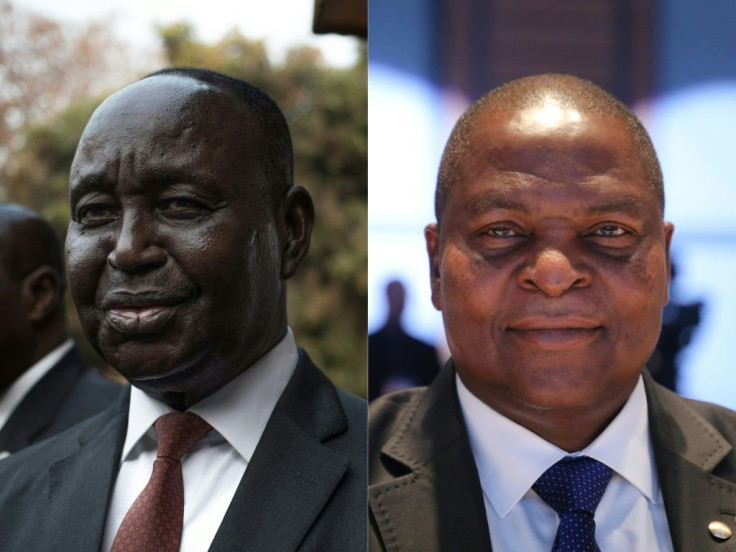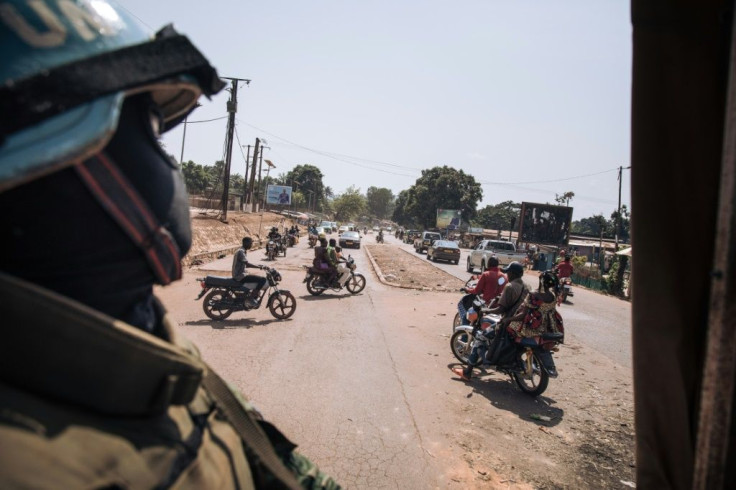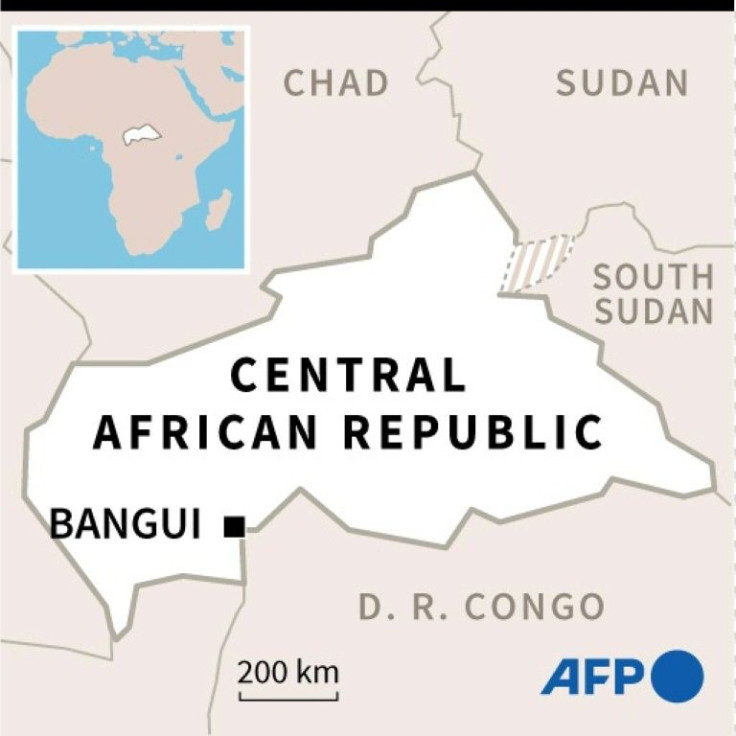Three UN Peacekeepers Killed In C.Africa Ahead Of National Polls
Three UN peacekeepers have been killed by unidentified combatants in the Central African Republic, the United Nations said, as the country prepares for a general election and fighting continues between rebels and government forces.
The news came after a rebel coalition called off a ceasefire and said it would resume its march on the capital, as well as the arrival of troops from Russia and Rwanda to shore up the government of the resource-rich country.
"Three peacekeepers from Burundi were killed and two others were wounded," the UN said in a statement on Friday following attacks on UN troops and Central African national defence and security forces.
The assaults took place in Dekoa, central Kemo Prefecture, and in Bakouma, in the southern Mbomou Prefecture, it said, without providing further details.

Stephane Dujarric, spokesman for the UN Secretary-General, strongly condemned the latest incident, and called on the CAR authorities to investigate the "heinous" assaults.
He also warned that attacks against United Nations peacekeepers could constitute war crimes.
Ahead of the presidential and legislative elections to be held on Sunday, 63-year-old incumbent President Faustin Archange Touadera has accused his predecessor Francois Bozize of plotting a coup.
Bozize -- who is under UN sanctions and barred from running -- denies the charges.

On Tuesday a militia briefly seized the country's fourth biggest town before it was retaken by security forces backed by UN peacekeepers.
Meanwhile the Constitutional Court on Saturday rejected final appeals by the opposition to postpone Sunday's vote.
At least six candidates had filed appeals arguing that insecurity in the country, and the recent withdrawal of one of the candidates, justified delaying the polls.
"There is the decision of the Constitutional Court, which I respect, and the reality on the ground, which is that many voters will not be able to vote," said Anicet Georges Dologuele, Touadera's main challenger who is being backed by Bozize.

Rebel groups launched an offensive a week ago threatening to march on the capital Bangui, in what the government described as an attempted coup, but their progress was halted with international help.
However, a three-day ceasefire brokered ahead of the elections fell apart Friday with the Coalition of Patriots for Change (CPC) announcing that it would resume its push for the capital.
The CPC -- whose components are drawn from militia groups that, together, control two-thirds of the country -- was created on December 19 by armed groups who accused Touadera of trying to fix the vote.
Clashes resumed on Friday in Bakouma, about 800 kilometres (500 miles) northeast of Bangui, according to Vladimir Monteiro, spokesman for the UN's MINUSCA peacekeeping force.
MINUSCA said Thursday that a 300-strong contingent of Rwandan reinforcements had arrived in the country.
Russia, which recently signed a military cooperation agreement with Touadera's government, has also sent at least 300 military instructors to bolster the CAR's forces ahead of the polls.
Sunday's elections are deemed a key test of CAR's ability to recover stability.
But a crucial question is whether turnout will be badly affected by violence or intimidation, denting the credibility of the next president and the 140-seat legislature.
The leaders of 11 central African nations held talks on Saturday under the auspices regional economic grouping the ECCAS and called for a massive turnout in Sunday's election.
"The heads of state considered that it would be a very bad message that Africa would send to the rest of the world, if weapons took precedence over the ballot box," Congolese Minister of Foreign Affairs Jean-Claude Gakosso told AFP.
Mineral-rich but rated the world's second-poorest country on the Human Development Index, the CAR has been chronically unstable since independence 60 years ago.
© Copyright AFP 2024. All rights reserved.




















